Sunscreen is a topical product designed to protect the skin from the harmful effects of the sun’s ultraviolet (UV) radiation. Prolonged exposure to UV rays can cause various skin issues, including sunburn, premature aging, and an increased risk of skin cancer. Sunscreens work by either absorbing, reflecting, or scattering the sun’s UV radiation.
Here are some key points about sunscreen:
UV Radiation:
The sun emits two main types of harmful UV radiation: UVA and UVB.
UVA rays contribute to premature aging and can penetrate deeper into the skin.
UVB rays are responsible for sunburn and play a key role in the development of skin cancer.
Sun Protection Factor (SPF):
Sunscreens are rated by their Sun Protection Factor (SPF), which indicates the level of protection against UVB rays.
The SPF number represents the factor by which a sunscreen extends the time it takes for the skin to burn.
For example, SPF 30 means it takes 30 times longer to burn with the sunscreen compared to without it.
Broad-Spectrum Protection:
Effective sunscreens provide broad-spectrum protection, meaning they guard against both UVA and UVB rays.
Look for sunscreens labeled as “broad-spectrum” to ensure comprehensive protection.
Ingredients:
Sunscreen ingredients can be mineral (physical blockers) or chemical (organic or chemical absorbers).
Mineral sunscreens contain zinc oxide or titanium dioxide, which sit on the skin’s surface and reflect UV rays.
Chemical sunscreens contain organic compounds that absorb UV radiation and transform it into heat, which is then released from the skin.
Water Resistance:
Some sunscreens are water-resistant, meaning they maintain their effectiveness for a certain amount of time in water.
Water-resistant sunscreens should be reapplied after swimming or sweating.
Application and Reapplication:
Sunscreen should be applied generously to all exposed skin, including the face, neck, ears, and hands.
It’s recommended to apply sunscreen at least 15 minutes before sun exposure and to reapply every two hours or more frequently if swimming or sweating.
Sun Protection Habits:
Sunscreen is just one component of sun protection. Wearing protective clothing, seeking shade, and avoiding sun exposure during peak hours are also important.
It’s crucial to choose a sunscreen that suits your skin type and provides adequate protection for your planned activities and sun exposure. Regular use of sunscreen is a key part of a comprehensive sun protection strategy for maintaining healthy skin and reducing the risk of sun-related damage.


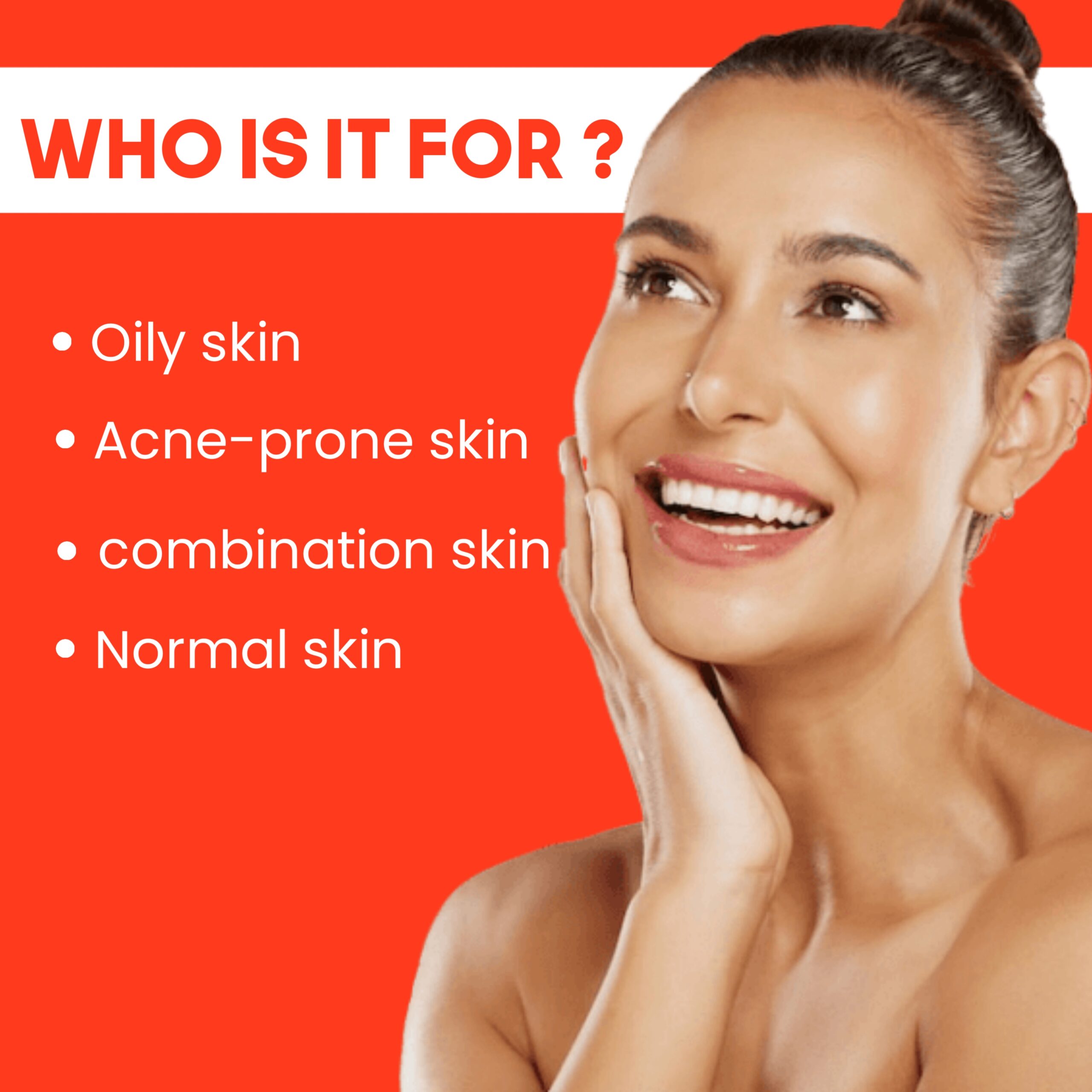
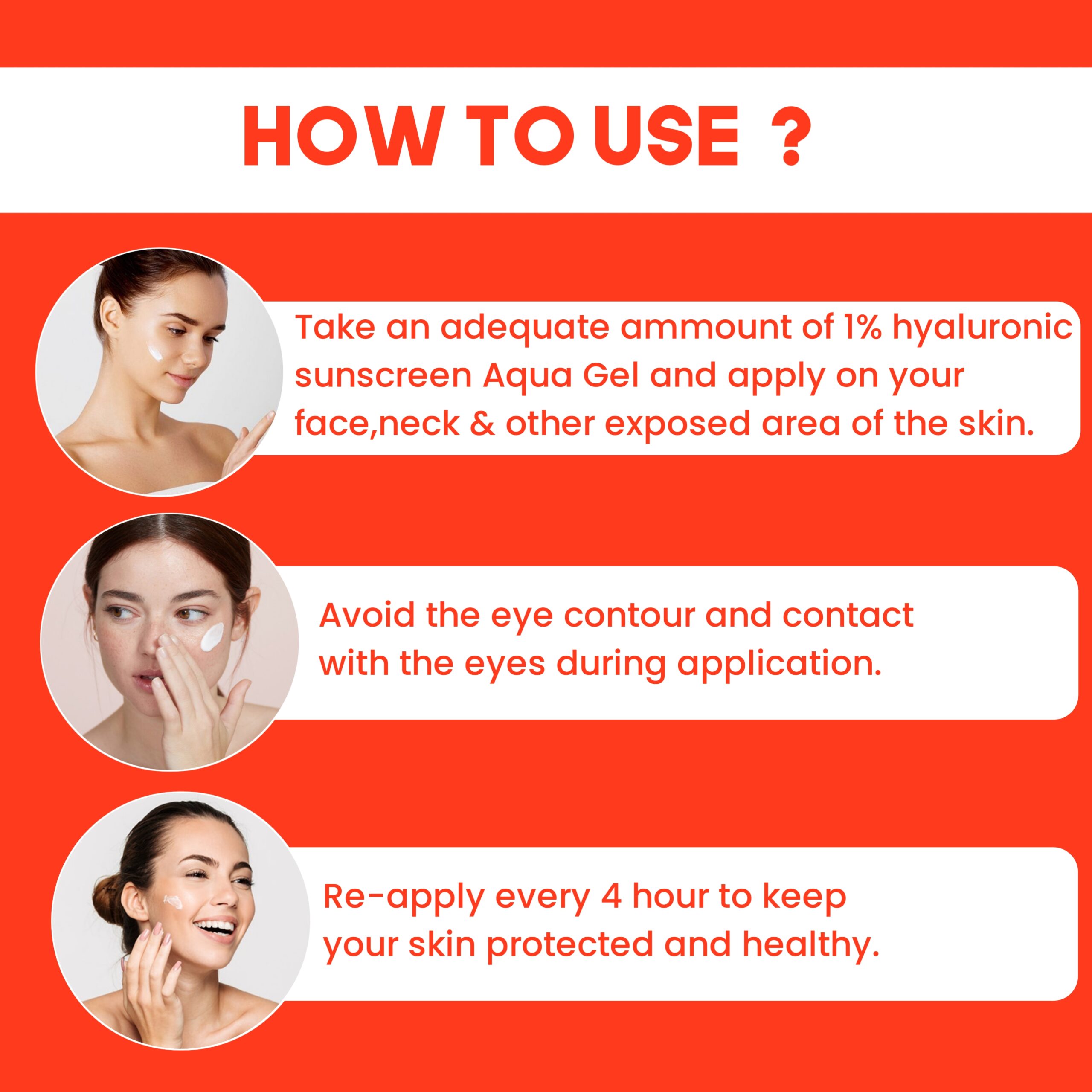
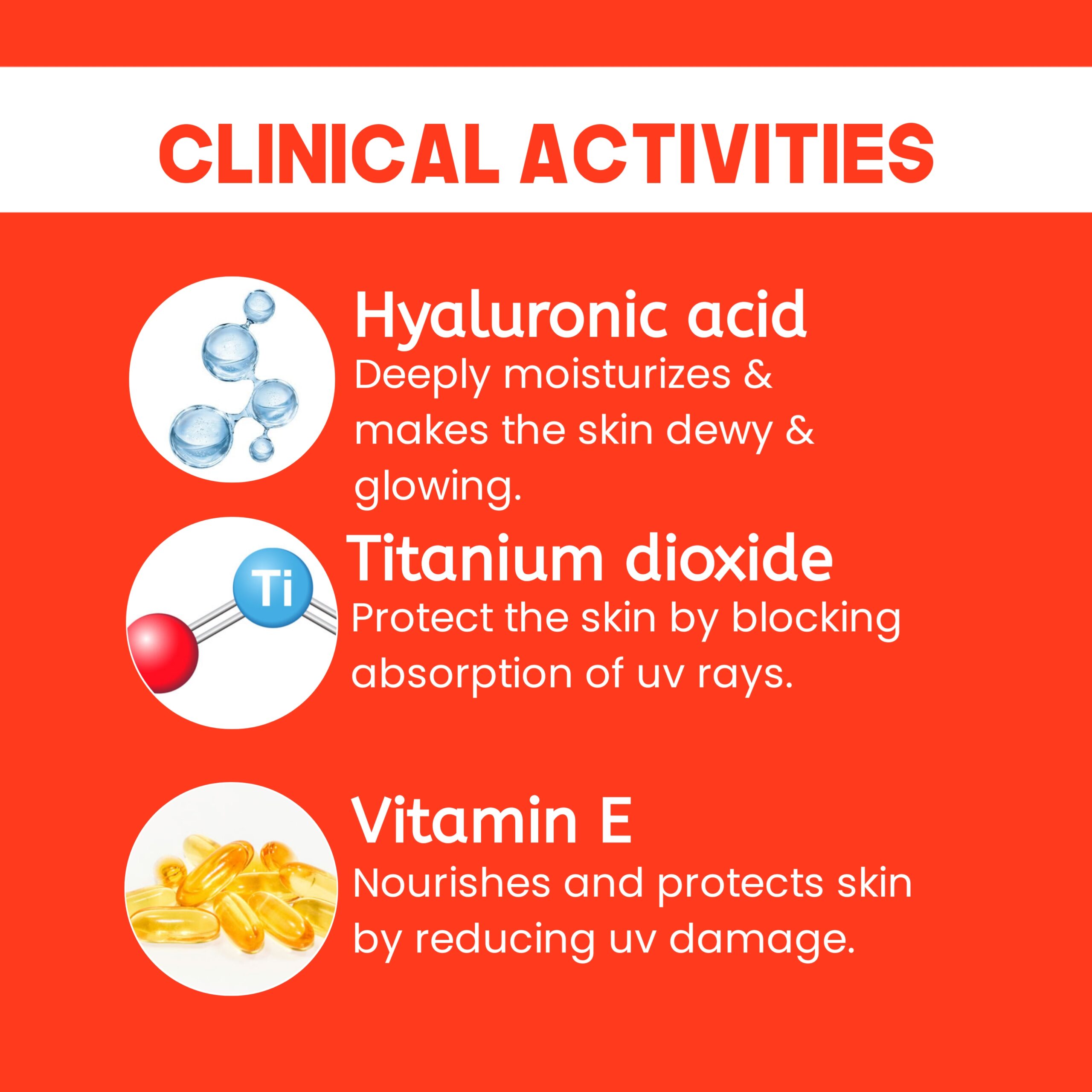
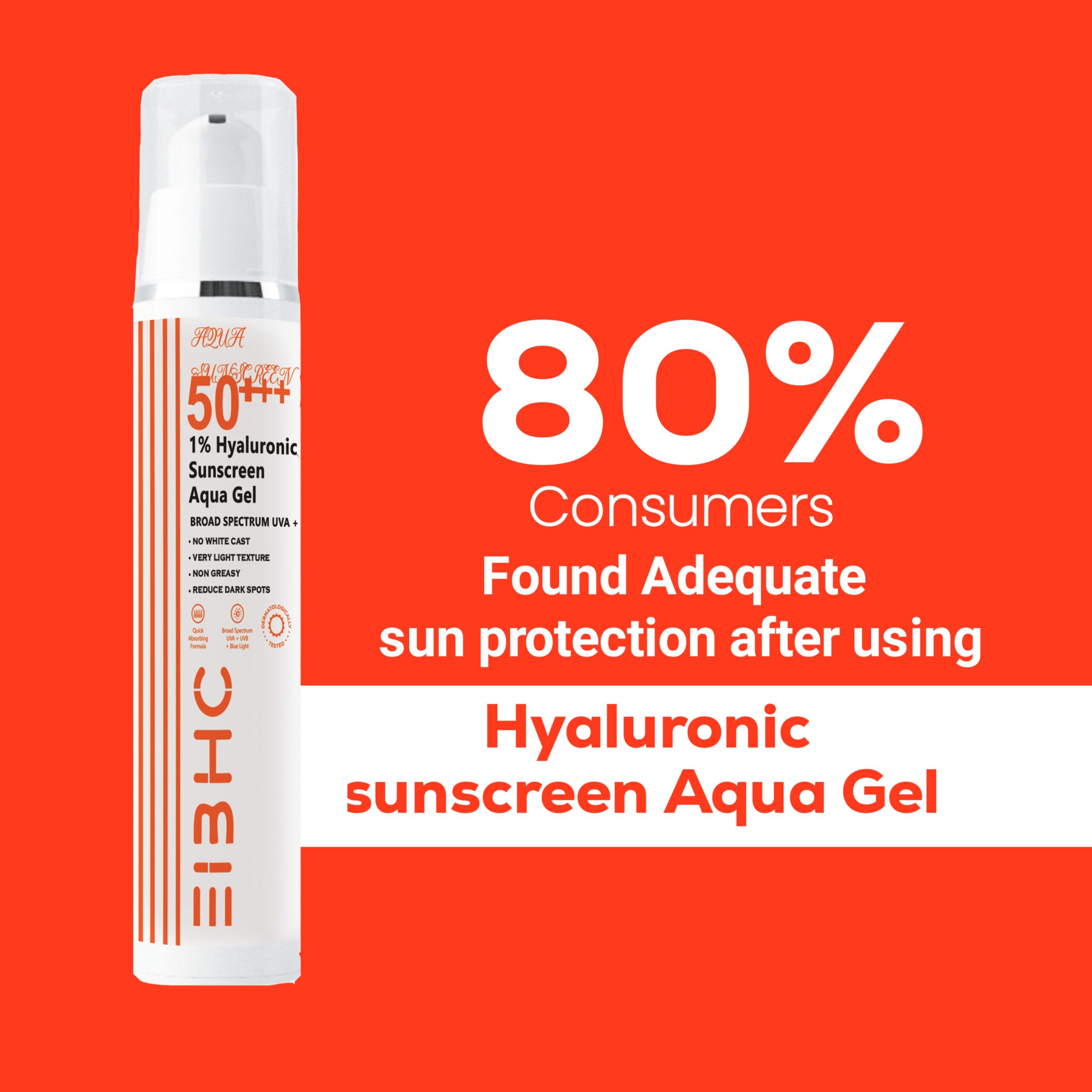
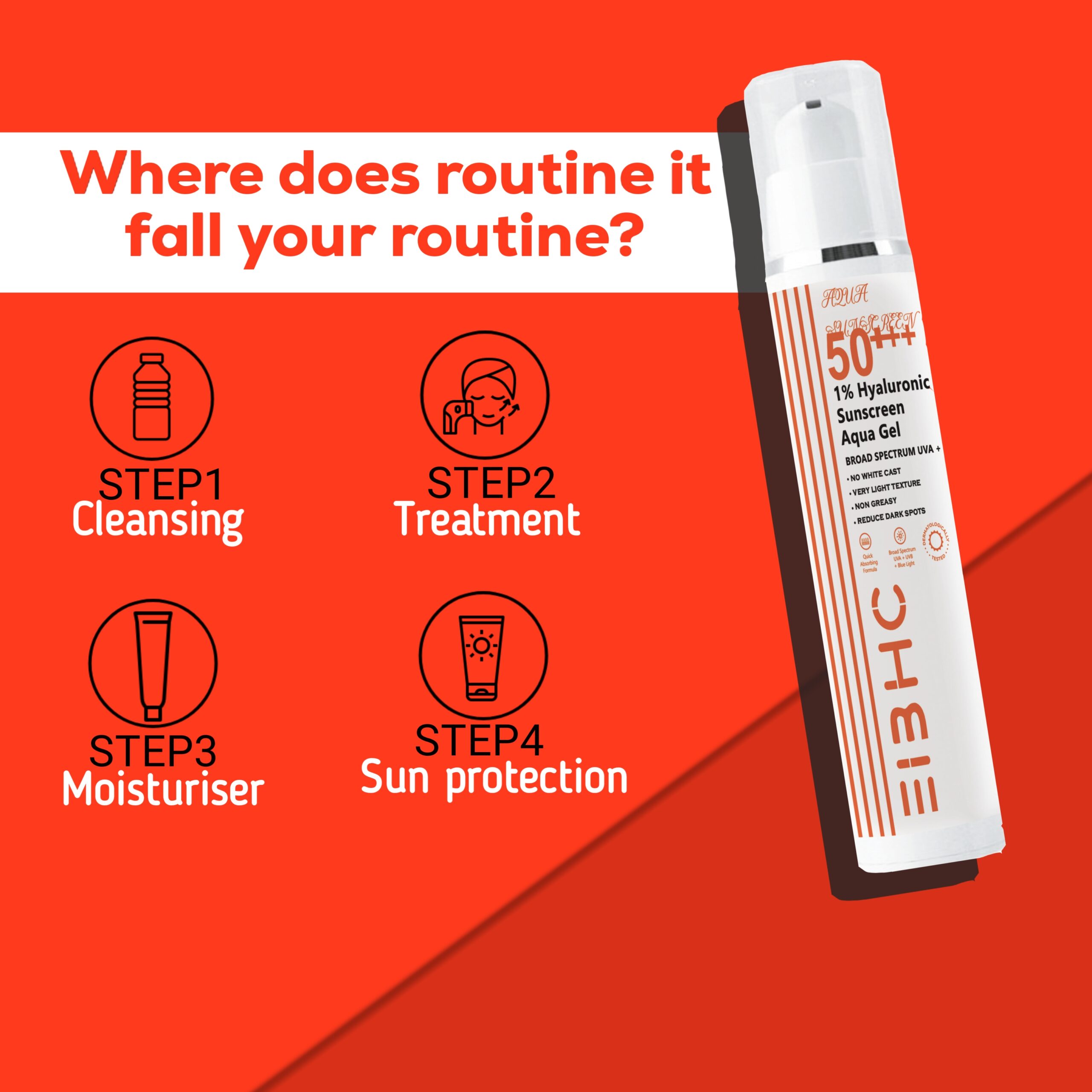


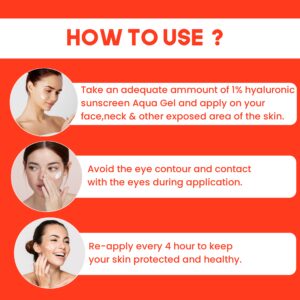
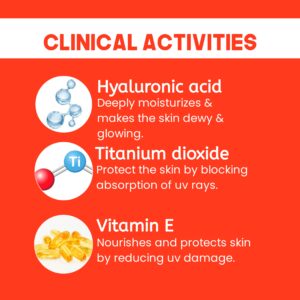
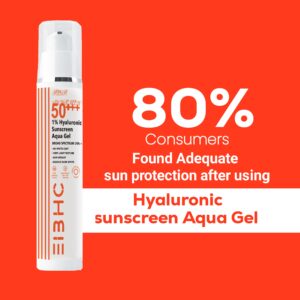
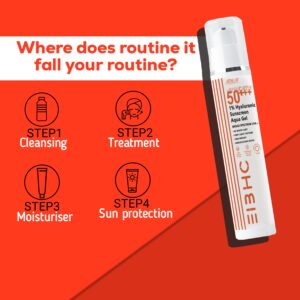










Reviews
There are no reviews yet.